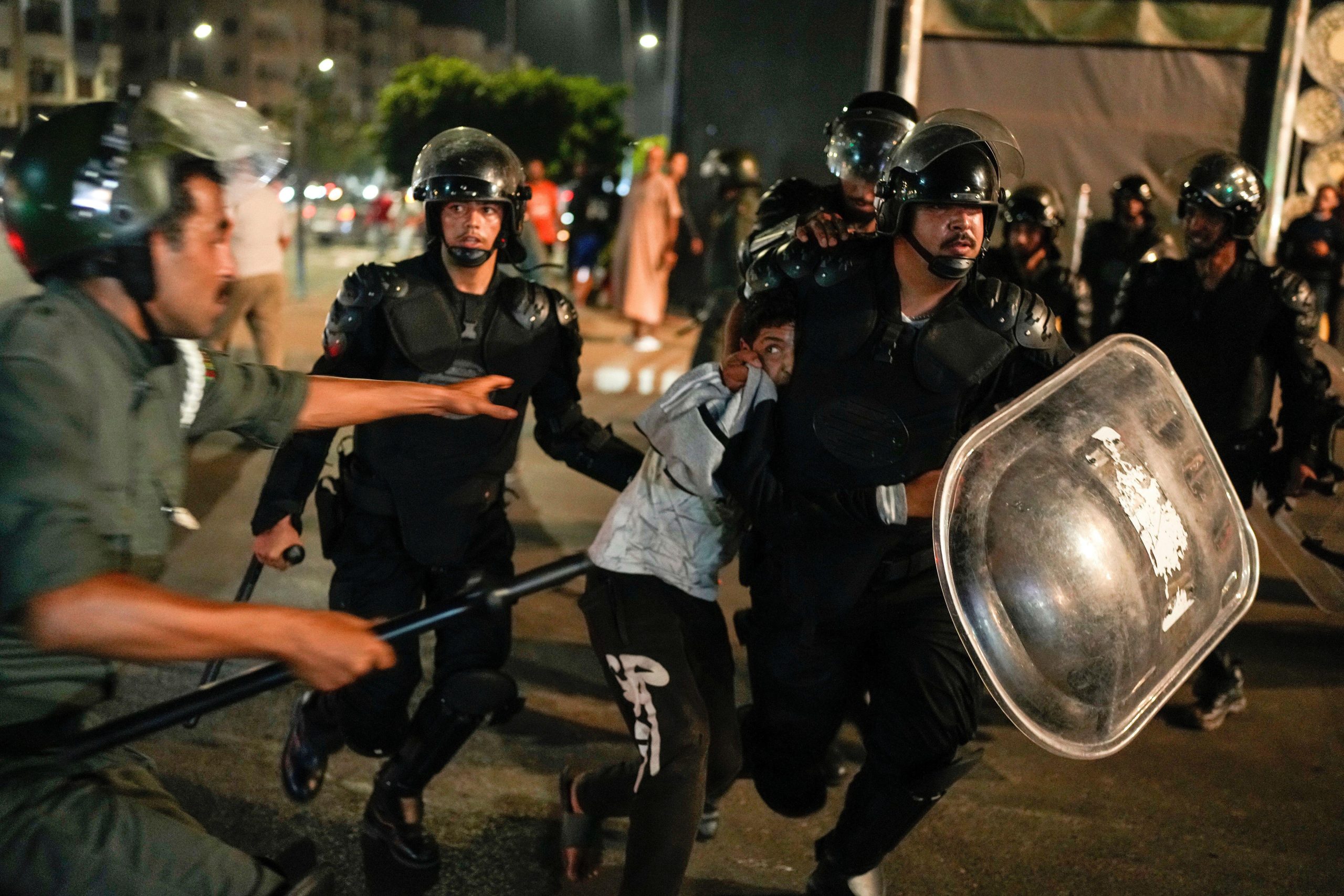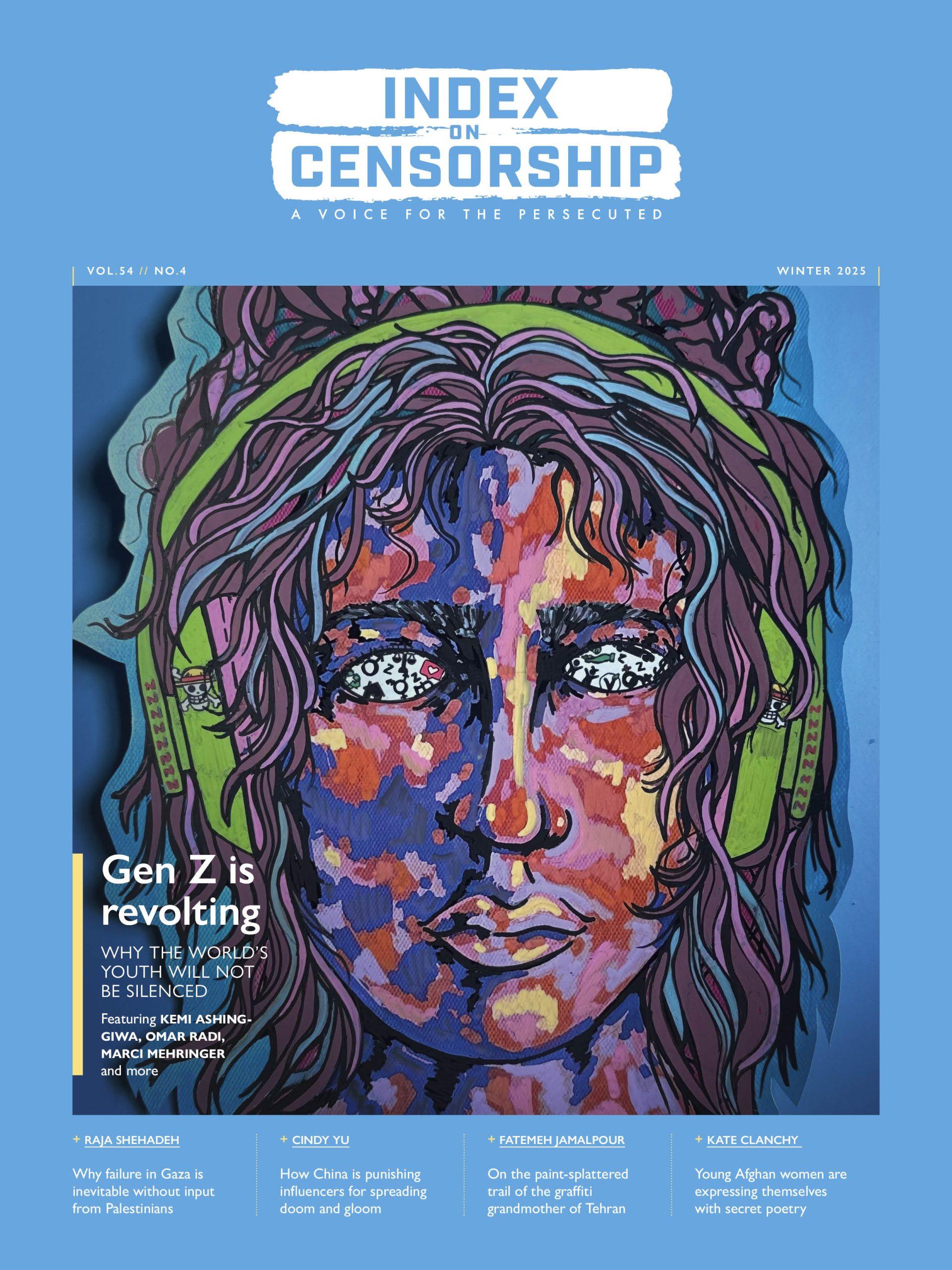 Iraq began a year of elections with regional council votes in 14 governorates on Saturday. Yet more work has still to be done to guarantee a fair national dialogue on the issues – in the press, through the national media, the public broadcaster and by the independent election authority itself. Rohan Jayasekera reports
Iraq began a year of elections with regional council votes in 14 governorates on Saturday. Yet more work has still to be done to guarantee a fair national dialogue on the issues – in the press, through the national media, the public broadcaster and by the independent election authority itself. Rohan Jayasekera reports
The counting continues in Baghdad, where four shifts of around 250 staff are working round the clock tallying the results from Iraq’s landmark municipal elections.
A final result is expected around 5 February. But interim ‘snapshot’ results suggest the major parties seem to be maintaining their grip, despite their poor record in power since 2005 and the growth of corruption, mismanagement and sectarianism during their time in charge. They were able to deploy more volunteers in better-financed campaigns this time. Most run or promote newspapers with their own agendas.
Despite Iraq’s vibrant Iraqi media scene, there was a lack of independent news organisations ready or able to pick out the individual candidates who might break the mainstream parties’ grip on the governorates — or change them from inside by winning enough votes to put them at the top of their party’s candidate lists.
On 31 January, Iraqis voted in fourteen of eighteen governorates to elect new councils. It is the start of what will be an unbroken year of campaigning, voting and vote counting in the country. After the municipal vote there are district council elections, in December, parliamentary polls, and in between, a slew of referenda on constitutional change, regional devolution and a mandate for the Iraqi government’s agreement with Washington on the deployment of US forces in the country.
Confronted with a slate of 14,500 named candidates in the run up to Saturday’s vote, most media struggled to identify the key issues, or at least narrow the range, and present balanced options on the issues to voters. Even where coverage was fair and professional, reporters seem to have found it hard to get candidates off sectarian subjects and national issues.
Senior officials at the election commission also acknowledge that their spokesmen at mid level found it difficult to build working relationships with the national and regional media that came knocking at their door in the run up to the vote and after, during the complex vote counting process. Journalists on the other hand complained about a lack of cooperation and officials unwilling to release routine information they were expected to provide to the media as a matter of course.
Another problem facing the Commission is its failure to ensure that the electorate was fully up to date with the voting rules. There were extensive reports of large numbers of would-be voters turning up to cast ballots only to be told that they had to vote at polling stations were they were originally registered.
The voters lists are mainly based on a rations register set up during the sanctions years under Saddam Hussein, but in the year following the 2005 election sectarian violence drove hundreds of thousands to flee their homes.
A voter registration drive was held in November 2008 to provide an opportunity for voters to move their polling location and the country’s thousands of internally displaced given the opportunity to register to vote in absentia, but the Commission’s public messages clearly failed to take root.
Car travel was banned on election day for fear of terrorist attacks, but once it became clear that the situation was calm and that thousands needed to travel to vote, the ban was lifted half way through Saturday. Many voters, unimpressed with the dominance of the established parties and their record since 2005, declined to vote wherever their station was.
The result of this was, by Iraqi standards, a disappointing voter turnout. With none of the boycotts seen in 2005 and more confidence in security, the turnout as reported on February 2, was 51 per cent — though this would be an impressive result for a regional municipal council election in the UK or United States.
But overall there was clear evidence that the parties had opened their doors to a broader range of nominally independent candidates and a younger generation of technocrats, including about 4,000 women taking advantage of a rule that guarantees the third winning seat on a party list to a female candidate, regardless of her actual position on the list of votes cast per elected person.
A vote of confidence in this new generation, if borne out by the actual results due later this week, will be a further vote of confidence in an electoral system now apparently fully accepted by factions who two years ago had brought the country to the brink of all-out civil war.
Index on Censorship associate editor Rohan Jayasekera is monitoring the Iraqi elections as part of the charity’s ongoing work in support of the Iraqi media during 2009.
As part of its ongoing work in support of the Iraqi media, Index on Censorship is organising workshops for Iraqi officials on the media’s rights to access to information in Baghdad, Basra and Suleymaniah this spring, supported by the United Nations.




